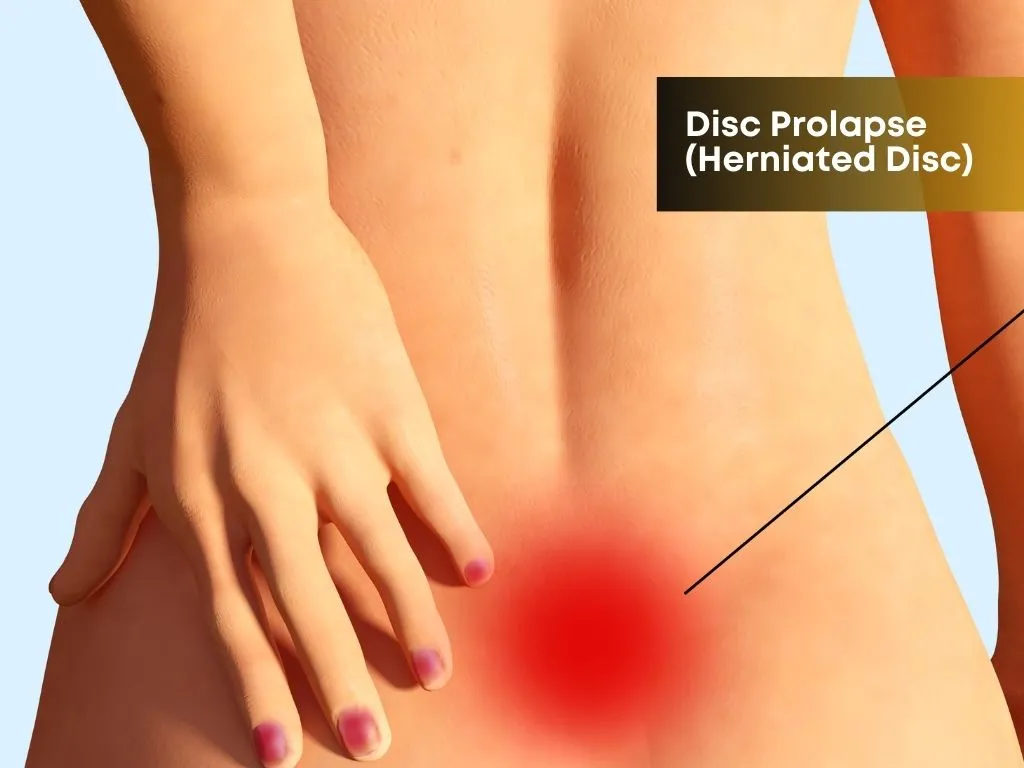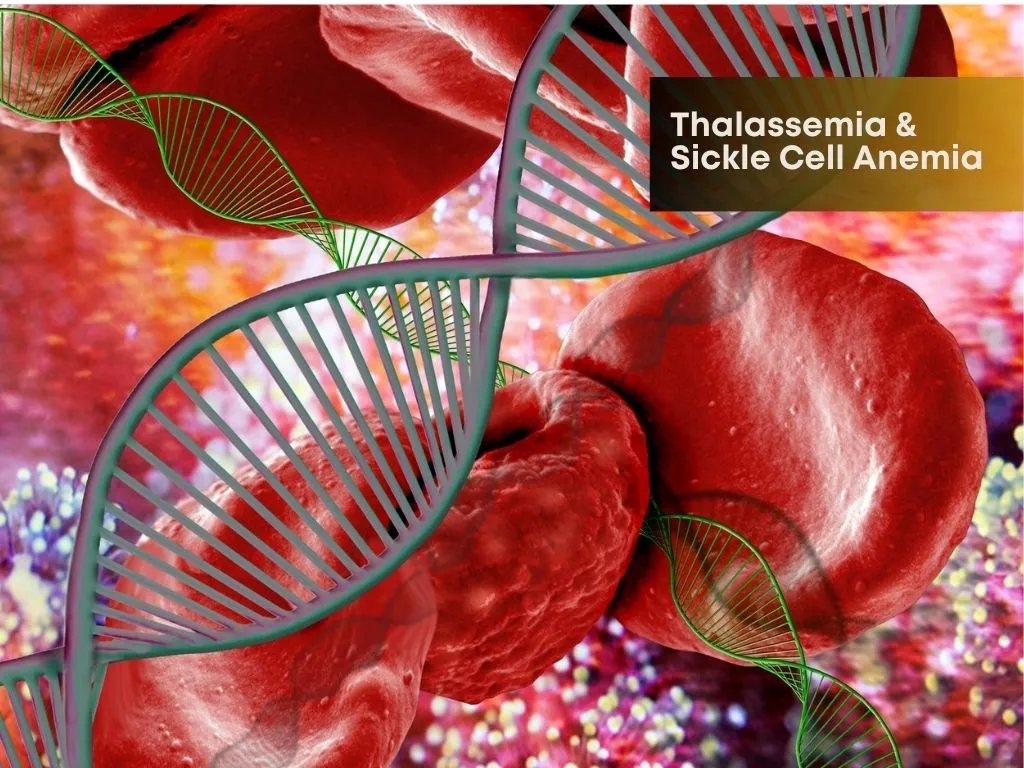Overview
Causes
GeneticsUnhealthy Lifestyle ChoicesObesityStressAgeCertain Medical ConditionsMedicationsOther Factors
Symptoms
Hypertension is often referred to as a "silent killer" because it typically doesn't cause noticeable symptoms until it has reached an advanced stage or triggered a medical emergency like a heart attack or stroke. However, some people may experience symptoms,
Severe HeadachesVision ProblemsChest PainShortness of BreathIrregular Heartbeat (Arrhythmia)NosebleedsFatigue
Treatment: Modern Medicine
Thiazide DiureticsAngiotensin-Converting Enzyme (ACE) InhibitorsAngiotensin II Receptor Blockers (ARBs)Dihydropyridine Calcium Channel BlockersNon-Dihydropyridine Calcium Channel BlockersBeta-BlockersAlpha-BlockersDirect Renin InhibitorsCentral Agonists
Treatment: Traditional Medicine
Dietary ChangesGarlicHibiscus TeaOmega-3 Fatty AcidHawthornCinnamonGingerTurmeric
Caution
Monitor your blood pressure at homeAvoid smokingGet enough sleepLimit caffeineLimit Sodium Intake
Prevention
Healthy dietRegular exerciseMaintain a healthy weightManage stressMedicationRegular doctor visits
 Nalamaree Team
Nalamaree Team





















.jpg.webp)
